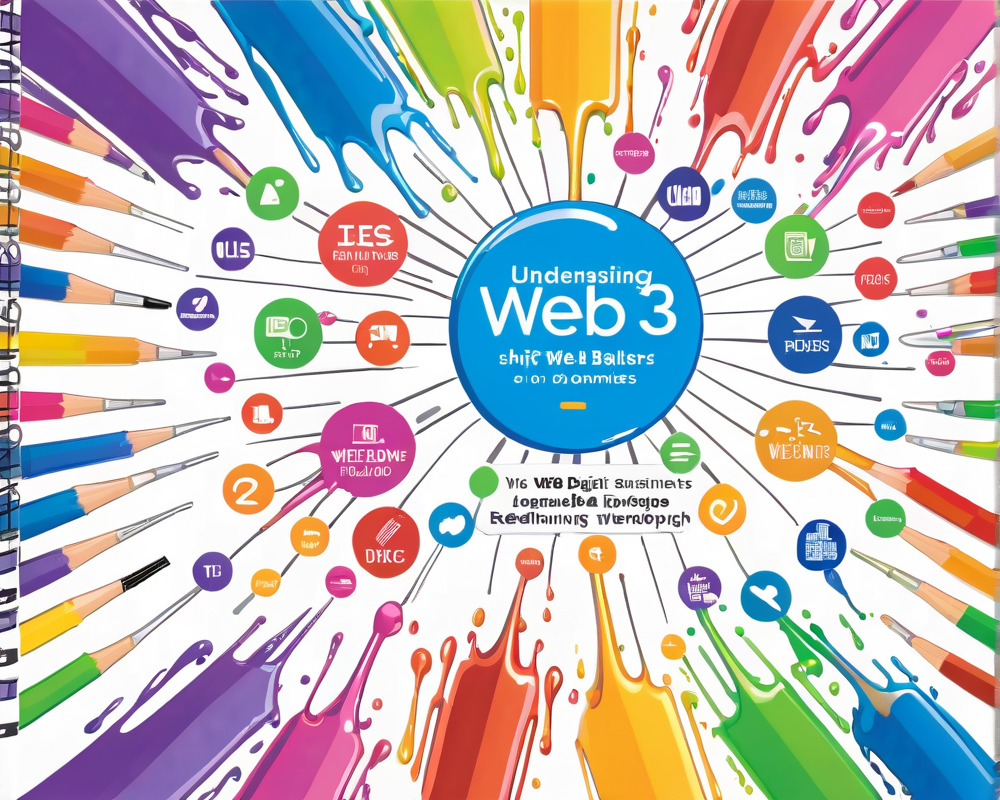The Paradigm Shift: Why We Need Web3
The digital landscape is rapidly changing, with Web3 stepping into the limelight as the next evolution of the internet. It’s like Web2’s awkward teenage phase but with less angst and more blockchain. While Web2 brought unprecedented economic growth and transformed how we connect, share, and work, it also birthed an unsettling overreliance on centralized entities. Imagine a world where a handful of tech overlords control our information highways; that’s so 2020!
As we move towards a peer-to-peer internet that prioritizes user sovereignty, the question arises: can Web3 promise empowerment for creators while avoiding the pitfalls of its predecessor? Spoiler alert: it can, but only if we put some real thought into how we design it.
What Forces Are Driving Web3?
With great power (and great economic success) comes great responsibility or, at the very least, a good dose of skepticism. The rise of Web3 is fueled by multiple factors:
- Censorship Concerns: Web2 platforms have been known to enforce censorship tighter than a seal on a tuna can. Time to break open the can and let creativity swim freely!
- Need for Trust: Information is easily weaponized nowadays. The need for transparency and truth within online interactions has never been higher.
- Human Creativity: We’ve always been a species driven by innovation. With Web3, we’re not just consumers; we’re the creators of our own narratives and economies!
Building the Web3 Economy: The Imperatives
For Web3 to flourish, it needs a solid foundation built on the principles of participatory economics. Think of it as a community potluck where everyone brings something to the table, but the main dish needs to be cooperation!
Here are some key imperatives for creating a thriving creators’ economy:
- Self-Governance: Everyone should have a say. Whether you’re a developer or a casual user, your voice matters!
- Efficiency: Processes need to be smooth. Who enjoys waiting in line when you could be enjoying your favorite show?
- Accountability: This isn’t just a free-for-all; those who contribute must be held responsible for their actions. No more hiding behind the keyboard!
Can We Trust Tokenized Networks?
Welcome to the world of tokenized networks—where dreams are powered by digital currencies! These networks are a bit like coffee shops, where all sorts of folks gather to exchange ideas, goods, and crypto. But, here lies the contradiction. Tokens promise decentralization, yet many existing projects still play by the centralized playbook. Irony at its finest!
The challenge is to harness these tokens for genuine participation, creating a true network based on co-creation. Can we really have a fair economy without everyone pulling their weight? It’s like attempting to bake a cake without flour—something’s bound to fall flat!
Volatility and the Future of Web3 Economies
Speaking of cakes, let’s discuss the ingredients of volatility in the crypto market. For all the potential and innovation, the crypto world is often as stable as a Jenga tower on a rollercoaster. How do we create an ecosystem that rides the waves responsibly?
Understanding the dynamics between the traditional financial systems and crypto markets is critical. Are we just borrowing stability or isolating ourselves in our quest for independence? Web3 should ideally lead to a self-sustaining economic model where value can flow freely without succumbing to the rollercoaster ride of traditional market influences.
In summary, as we address these complexities and collaborate to drive the vision of Web3 forward, let’s remember: Participation is the name of the game!




